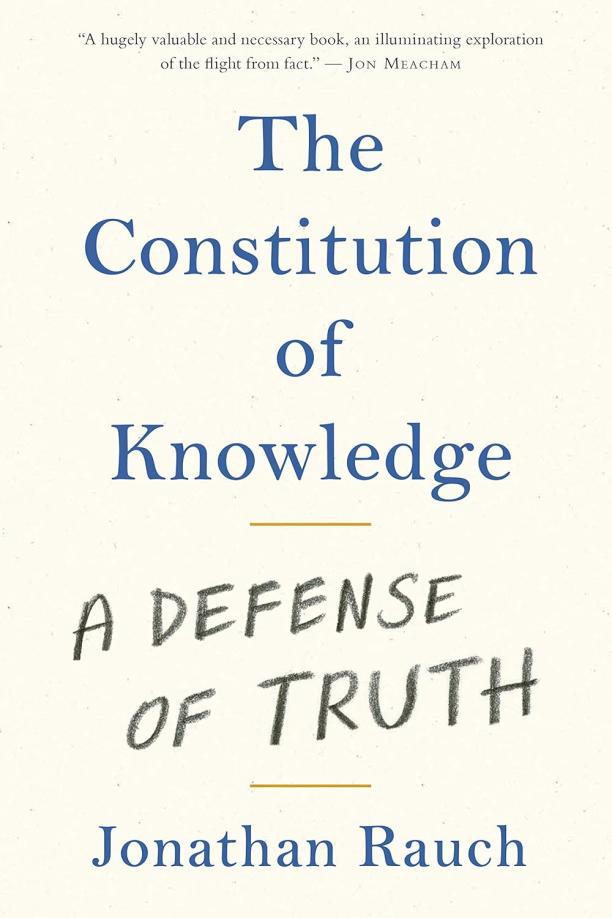Summary:
The book argues for the importance of truth and the systems that support it, emphasizing the role of societal norms and institutions in validating knowledge and protecting against misinformation. It explores challenges to the truth, such as disinformation and censorship, and advocates for a collective commitment to intellectual honesty and the rigorous vetting of ideas through open debate and criticism.
Key points:
1. Constitution of Knowledge: Rauch describes a set of unwritten rules for creating and sharing knowledge, like in academia and journalism, based on principles like open debate and empirical evidence.
Books similar to "The Constitution of Knowledge":

Liars
Cass R. Sunstein
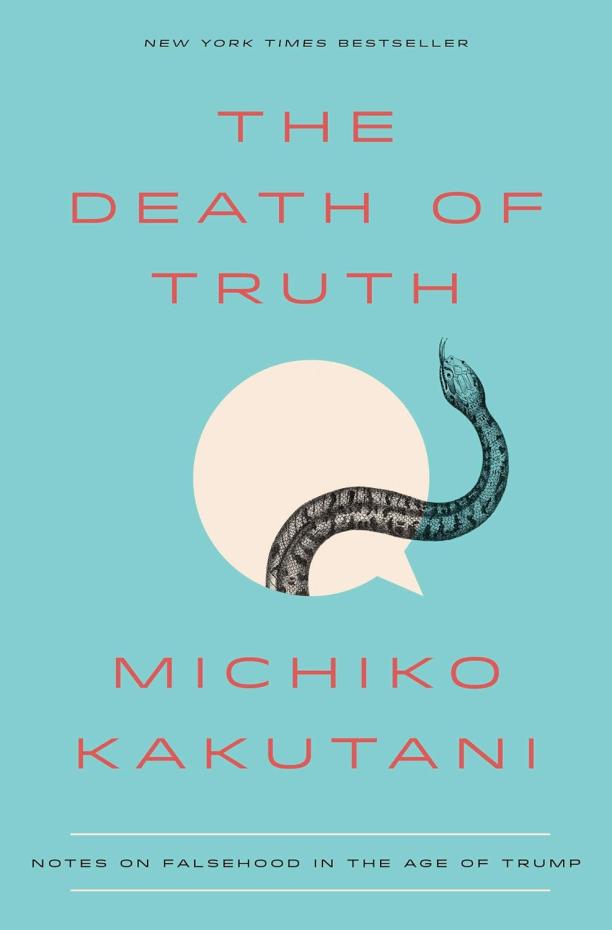
The Death of Truth
Michiko Kakutani
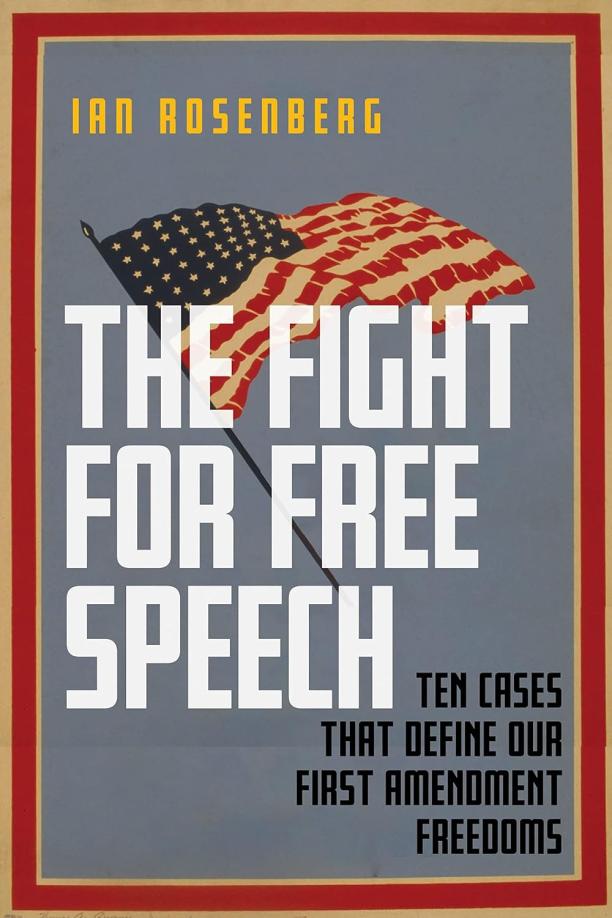
The Fight for Free Speech
Ian Rosenberg
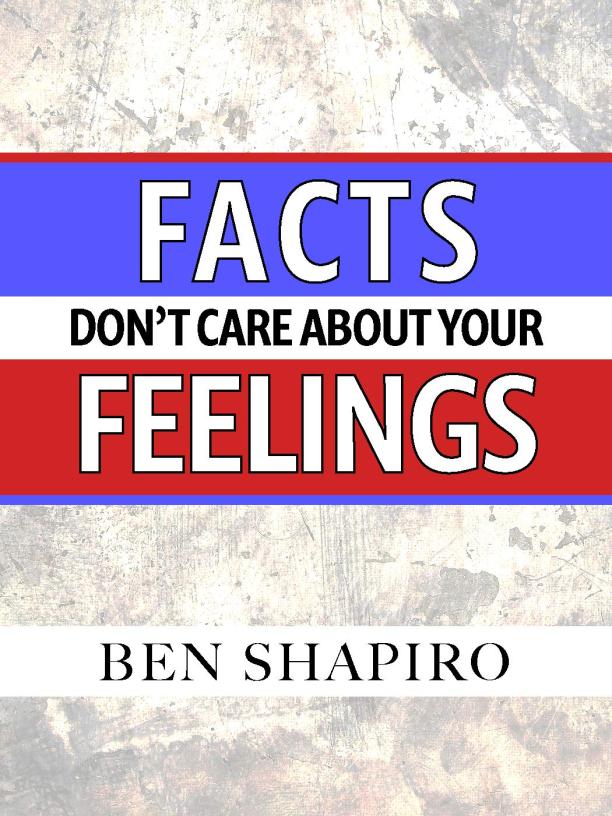
Facts Don’t Care About Your Feelings
Ben Shapiro
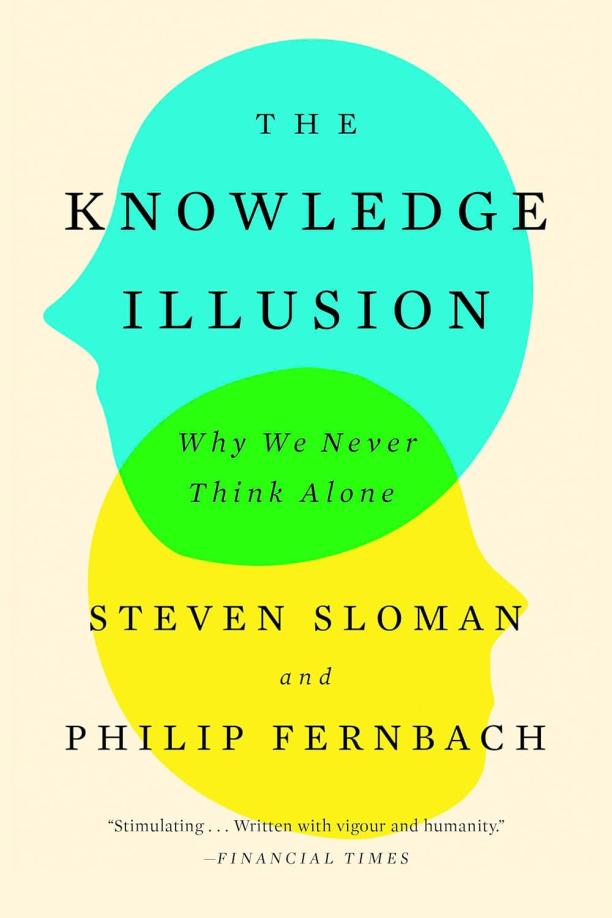
The Knowledge Illusion
Steven Sloman|Philip Fernbach

The Assault on Intelligence
Michael V. Hayden
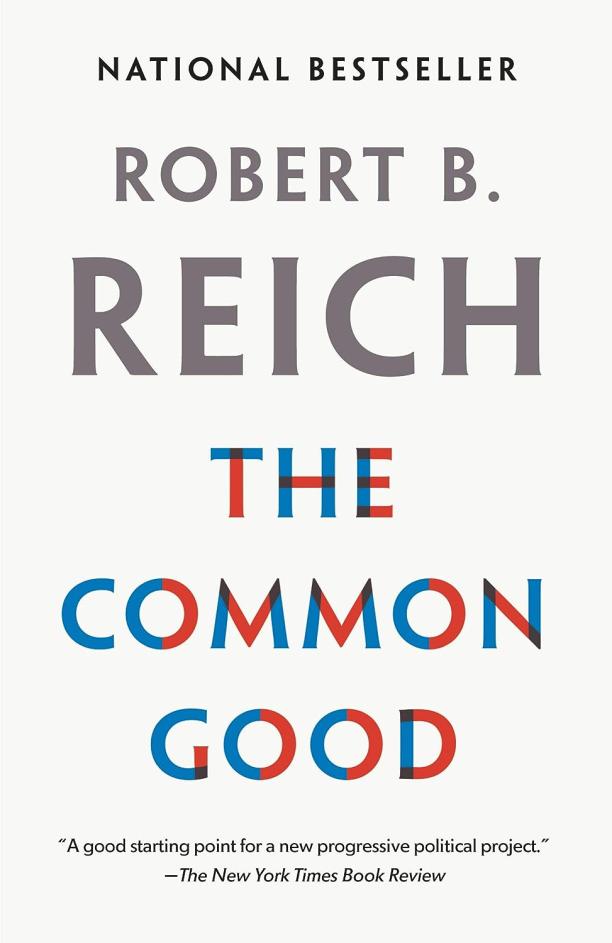
The Common Good
Robert B. Reich
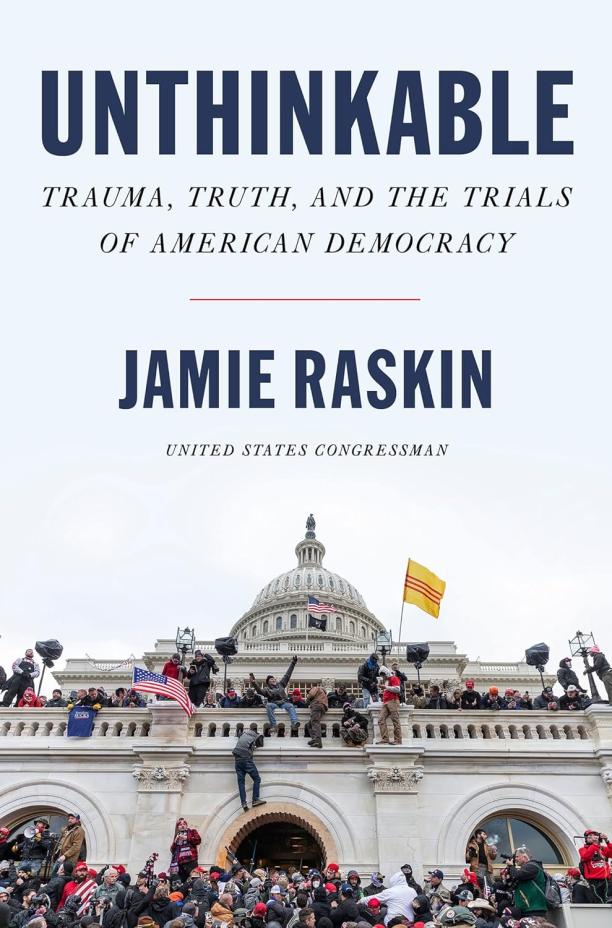
Unthinkable
Jamie Raskin
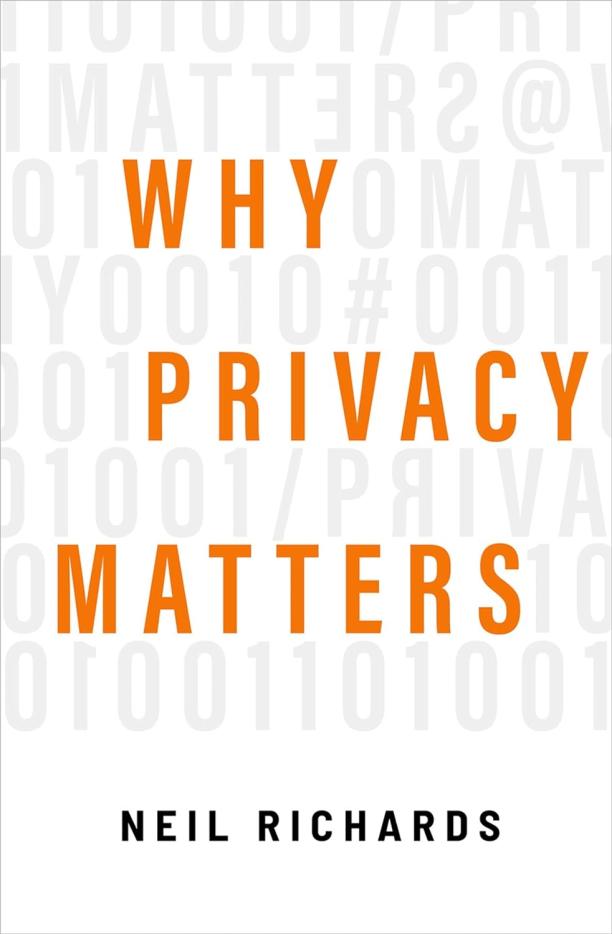
Why Privacy Matters
Neil Richards
